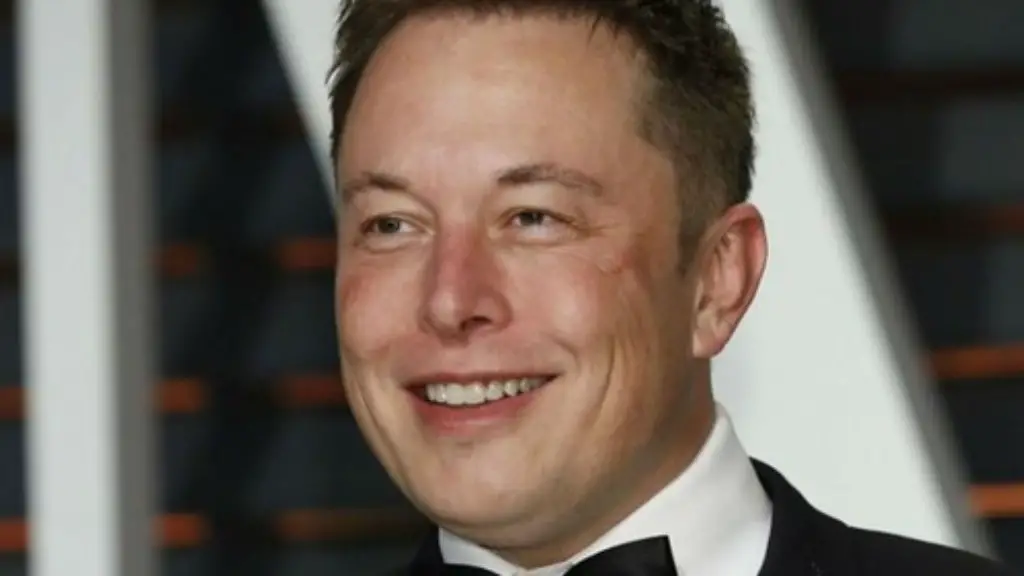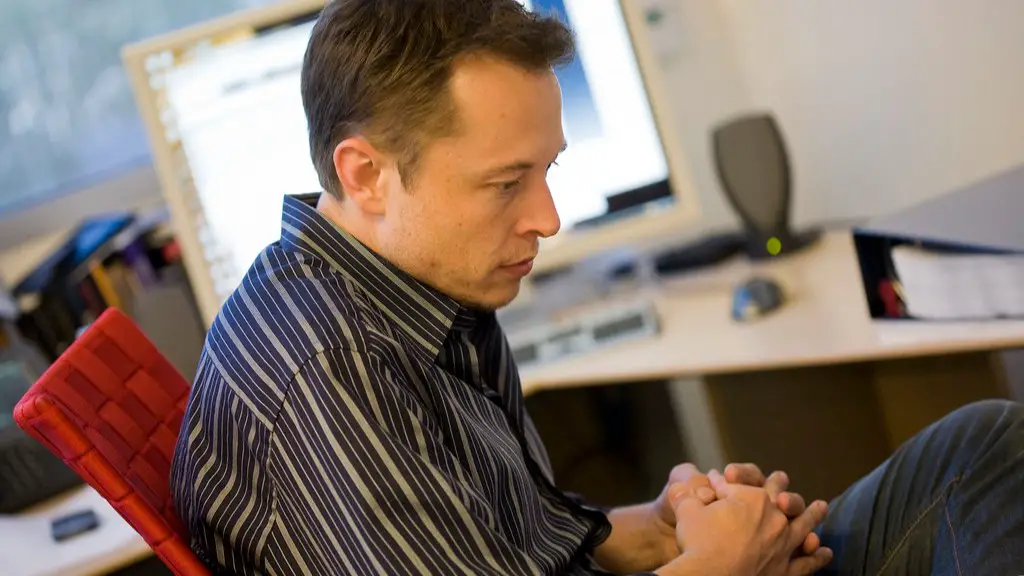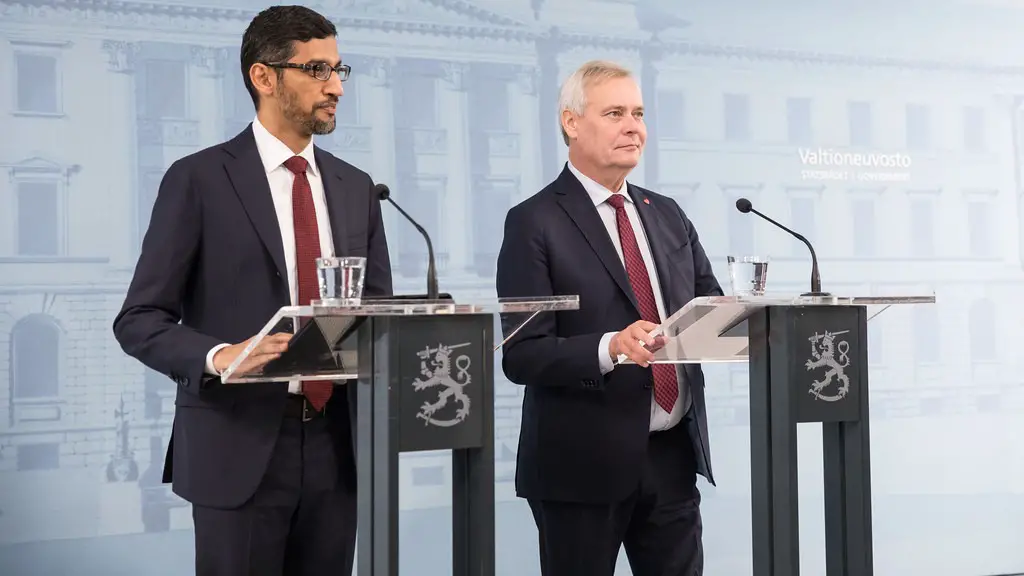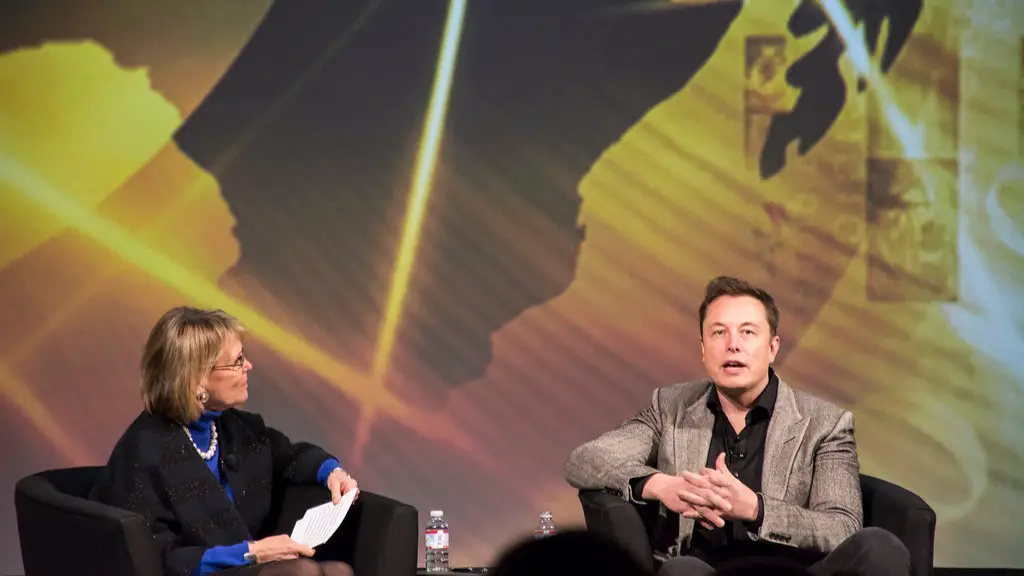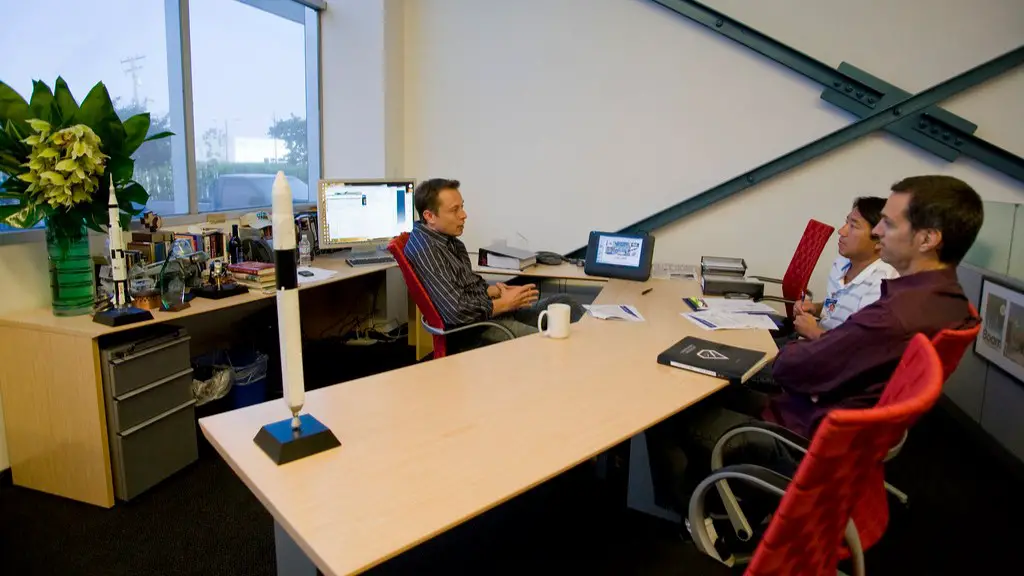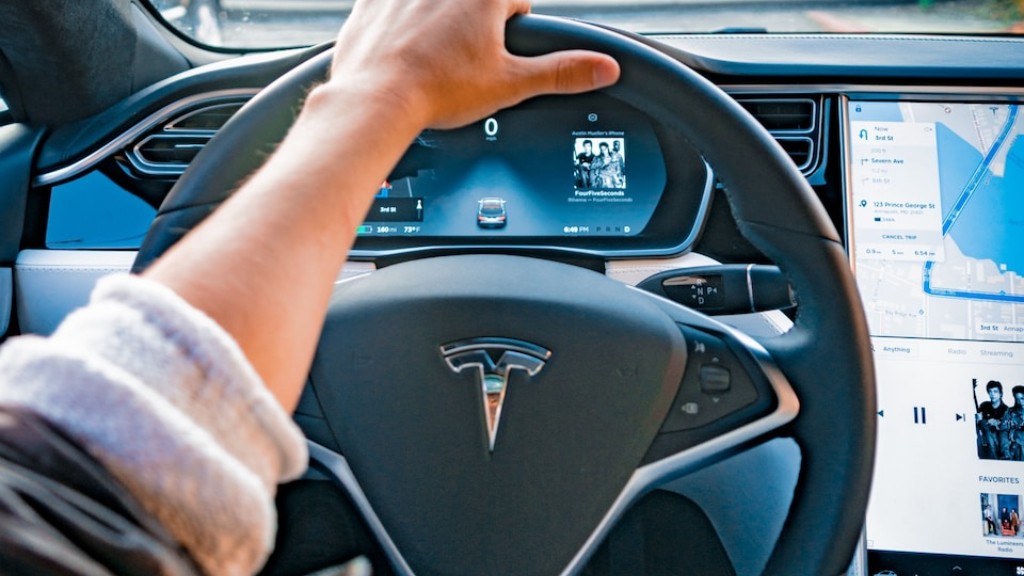Elon Musk has recently announced his new project to revolutionize the internet by taking it to the stars: ‘Starlink’. His aim is to create a global, low-latency and symmetrical broadband internet access across the globe, taking advantage of the low-orbit satellites orbiting the Earth.
The idea behind ‘Starlink’ is to create a network of satellites that act like an ‘Internet in the sky.’ They will connect to each other and deliver high-speed internet to anywhere on the planet with a clear line of sight. Musk’s vision is to provide high-speed internet to even the most far-flung locations, not just to cities and towns.
The project is still in its early stages, with SpaceX launching two prototype satellites, known as ‘Tintin A and B,’ in February 2018. Musk has said that the project could provide internet connection to more than 40 million people around the world and eventually, it could expand to all corners of the globe, with even the most remote parts of the planet enjoying high-speed internet.
The project is highly ambitious, and will no doubt be expensive, though Musk hasn’t yet revealed the estimated cost. However, it isn’t just a costly dream. Musk has already signed up customers for the service, which is planned to launch in 2020.
While Starlink is a huge leap forward for telecommunications, it does have its critics. Some experts have questioned the possibility of the service being reliable and of a good enough quality given the distances involved and the complexity of the technical challenges associated with delivering a stable internet connection.
The project will also require an enormous amount of energy, as the satellites will constantly be in use, even at night. There are concerns that this amount of energy may not be sustainable and could lead to a depletion of resources.
On the other hand, advocates of the project argue that its potential benefits could be enormous. It could help bring much needed connectivity to remote areas that have no access to reliable internet connection and provide internet access to those living in places where access is expensive and unreliable.
Legal Implications
Another factor to consider is the legal and regulatory implications of the project. Such a large-scale infrastructure project will require approval from various governments around the world and will likely require complex negotiations to ensure that it meets national laws and regulations.
To further complicate the situation, the technology being employed is not just a technical challenge but also a legal one. To ensure that the project is successful, it will likely require the approval of various countries, as well as some form of global agreement to ensure that the project adheres to international telecoms regulations.
The legal and regulatory implications of ‘Starlink’ could be a significant hurdle. But Musk has a history of success with ambitious projects, and it wouldn’t be unreasonable to assume that he can overcome any legal hurdles.
It is also possible that the project could be granted special exemptions from the legal and regulatory frameworks, as has been the case with other groundbreaking projects such as the ‘OneWeb’ satellite internet project.
Potential Market
Another major factor is the potential market for such a project. While it may have the potential to help those living in remote and rural areas, it is debatable how much of an impact it will have in metropolitan areas where Internet access is already relatively widespread and relatively cheap.
In addition, there is the question of whether such a project will be financially viable. As mentioned earlier, the cost of such a project is likely to be high, and it remains to be seen if customers will be willing to pay the necessary fees to enjoy the service. Additionally, the potential competition could prove to be a significant obstacle.
Despite the potential drawbacks, the project appears to have some potential. It is an ambitious project, and one that could have a huge impact on the global telecommunications landscape. It is an exciting project, and one that could have a major impact on people from all parts of the world.
Competition
The project will also have to contend with the existing competition for providing internet connectivity. In particular, it may face stiff competition from existing satellite providers, such as OneWeb and Eutelsat. However, Musk has said that the project’s aim is to provide a more reliable and globally accessible service.
Moreover, Musk has also stated that he doesn’t want to compete in terms of price, but rather in terms of quality. This strategy could be beneficial as it may allow him to differentiate the project from the competition and attract more customers. With the right marketing, it is possible that he could create a service that would prove hugely popular.
Nevertheless, it remains to be seen how the project will fare against the competition, especially given the new technologies being developed by other players. For example, Amazon has reportedly made plans to launch a network of 3,236 satellites in order to provide satellite internet access. This could be a major challenge for Elon Musk’s project.
Technical Aspects
One of the most important aspects of the project is the technical challenges involved. The satellites will have to be placed in the correct orbits and will have to be able to communicate with each other. In addition, there are a range of other technical considerations, such as the quality of connection and the level of security provided.
These technical challenges are far from insurmountable, and Musk’s team have already been working on developing the desired technology. Indeed, the two prototype satellites launched in February are a testament to this. But it will be a long process, and one that must be managed carefully.
Environmental Effects
Finally, one must also consider the potential environmental effects of such a project. Given the large number of satellites that will be necessary, along with the energy demands on them, there is a potential for a significant amount of pollutants and emissions to enter the atmosphere.
It is possible that such emissions could lead to negative environmental impacts, though this is still to be determined. It is important that any such project takes these environmental considerations into account and that the necessary measures are taken to ensure that the environmental impact is minimised.
Overall, Elon Musk’s ‘Starlink’ project is an ambitious endeavour with the potential to revolutionise internet access and the way we communicate with each other. It is yet to be seen whether the project will be successful or not, but it is certainly one worth keeping an eye on.
